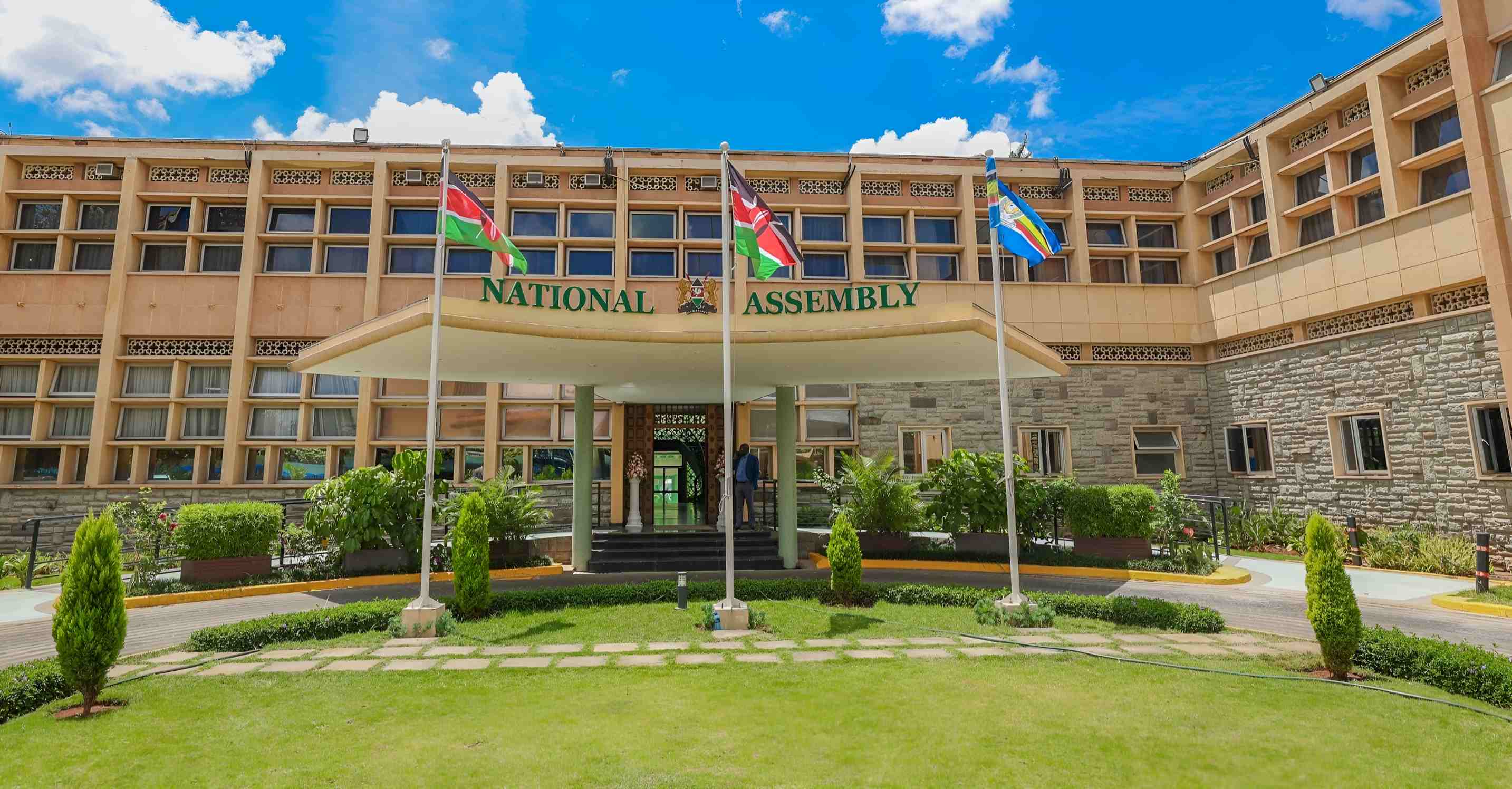The Education Committee of the National Assembly is pushing for a Sh5.9 billion reallocation in the 2025/26 national budget to cater for the administration and invigilation of national examinations.
The proposal aims to plug a critical funding gap after the exams were left out of the original budget.
While appearing before the Budget and Appropriations Committee, Education Committee Chairperson Julius Melly explained that the money would be redirected from the existing school capitation budget.
The proposed breakdown includes Sh3 billion from secondary schools, Sh2 billion from junior schools and Sh900 million from primary schools.
"Examinations are a critical component of our education system. Without proper funding, the credibility and effectiveness of the assessment process is at risk," Melly stated.
However, he noted that the exams would still face a funding deficit of Sh5.1 billion, as the full requirement is Kshs. 11 billion.
Melly also asked the committee to approve Sh7.3 billion to absorb 20,000 intern teachers into permanent and pensionable terms later this year.
The committee further proposed Sh1.9 billion to hire 2,000 new TVET instructors, a move aimed at narrowing a staffing gap of 6,000.
"This will bridge the current TVET instructor gap which stands at 6,000," he said.
Other proposals include Sh17 billion to support 208,000 incoming university students through scholarships, and Sh3.7 billion in matching funds to boost school infrastructure through NG-CDF.
The Budget and Appropriations Committee will consider these requests as it prepares its final budget report this week.
The government recently confirmed that parents will, from next year, start shouldering the burden of examination fees when the scrapping of the decade-long exam waiver takes effect.
While the news comes with some sense of relief following mounting anxiety amongst parents that the lifting of the waiver would take effect this year, removal of the remission will pile financial pressure on households already grappling with school fees and the high cost of living come next year.
National Treasury Cabinet Secretary John Mbadi justified the policy shift, saying the examination subsidy has become unsustainable due to rising costs of competing priorities in the education sector amid budget deficits.
"We have to review the cost in the sense of why should we pay for examinations for all students, including those in private schools? We should be subsidising examinations for those who cannot afford it, especially in public schools," Mbadi said during an interview with NTV.
He, however, assured parents, guardians, and learners that despite there being no allocation of an exam waiver in the 2025-26 budget estimates, plans had already been made to ensure all candidates sit exams at no cost.
"For this year, it's too late. We are going to process examinations for all candidates, whether you are able (to pay) or not."
Mbadi said come next year, the Ministry of Education will have to come up with a differentiated model of charging parents examination fees such that only learners from vulnerable households enjoy exam waivers.

